In the realm of American politics, Political Action Committees (PACs) play a crucial role in shaping electoral outcomes and influencing legislative agendas. These entities, formed with the purpose of pooling campaign contributions from members to support or oppose candidates, have become a significant force in modern political campaigns. This article explores the PAC System, its functions, controversies, and impact on democracy.
What are PACs?
Political Action Committees, commonly referred to as PACs, are organizations that raise and spend money to elect or defeat political candidates. They can be affiliated with corporations, labor unions, trade associations, or ideological groups. PACs operate under strict regulations governed by the Federal Election Commission (FEC), which oversees their financial activities to ensure compliance with campaign finance laws.
Types of PACs
PACs can be categorized into two main types: Connected PACs and Non-connected PACs. Connected PACs are directly affiliated with corporations, labor unions, or other interest groups and primarily represent the interests of their sponsors. Non-connected PACs, on the other hand, are independent and not directly tied to any specific organization. They typically focus on broader policy issues or ideologies rather than specific corporate or union interests.
Functions and Activities
The primary function of PACs is to raise funds from their members and use these funds to support political candidates or parties. This support can take various forms, including direct contributions to candidates’ campaigns, independent expenditures on advertisements or campaign materials, and funding for grassroots mobilization efforts. PACs often target key races where their contributions can have the most significant impact on election outcomes.
Regulations and Legal Framework
PACs are subject to stringent regulations under federal law to prevent corruption and ensure transparency in campaign financing. Limits are placed on individual contributions to PACs, and PACs are required to disclose their donors and expenditures regularly. The Bipartisan Campaign Reform Act of 2002 (commonly known as McCain-Feingold Act) and subsequent court decisions have shaped the current legal framework governing PAC activities.
Controversies Surrounding PACs
Despite their regulated status, PACs have been a subject of controversy. Critics argue that PACs enable wealthy donors and special interest groups to wield disproportionate influence over elected officials, undermining the democratic principle of equal representation. The influx of money into politics through PACs has raised concerns about transparency, accountability, and the potential for corruption or undue influence in policymaking.
Impact on Elections and Policy
PACs play a significant role in shaping electoral outcomes by providing financial support to candidates who align with their interests or policy objectives. They can amplify the voices of underrepresented groups and promote issues that may not receive mainstream attention. However, the influence of PACs has also been criticized for skewing policy priorities towards the preferences of wealthy donors and powerful interest groups at the expense of broader public interests.
Recent Developments and Trends
In recent years, the landscape of PACs has evolved with the emergence of new fundraising strategies and technologies. Super PACs, which can raise unlimited sums of money from corporations, unions, and individuals, have gained prominence despite restrictions on direct coordination with candidates’ campaigns. Social media and online platforms have also transformed how PACs engage with voters and disseminate political messaging, further influencing electoral dynamics.
Reforms and Calls for Change
Efforts to reform the PAC system have been ongoing, with proposals ranging from stricter disclosure requirements to public financing of campaigns. Advocates for campaign finance reform argue that reducing the influence of money in politics is essential to preserving democratic integrity and ensuring that elected officials represent the interests of all constituents, not just those with financial resources.
Conclusion
Political Action Committees are integral to the American political landscape, serving as vehicles for collective political engagement and financial support in elections. While they provide avenues for diverse voices to participate in the democratic process, PACs also pose challenges to transparency, accountability, and equitable representation. As debates over campaign finance reform continue, the role of PACs in shaping the future of American democracy remains a topic of ongoing scrutiny and debate.
In summary, understanding the complexities of PACs requires consideration of their legal framework, operational dynamics, and broader implications for electoral and policy outcomes. As political landscapes evolve, so too must the regulatory frameworks governing PAC activities to uphold democratic principles and ensure fair and equitable representation for all citizens.


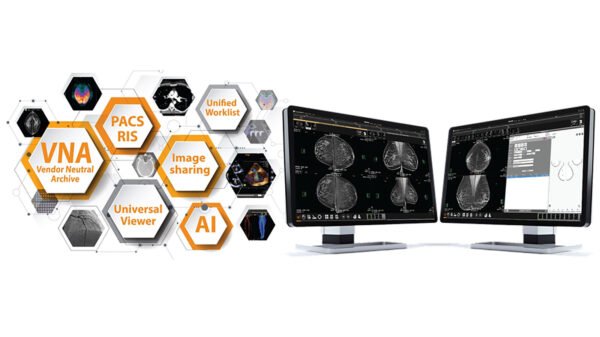












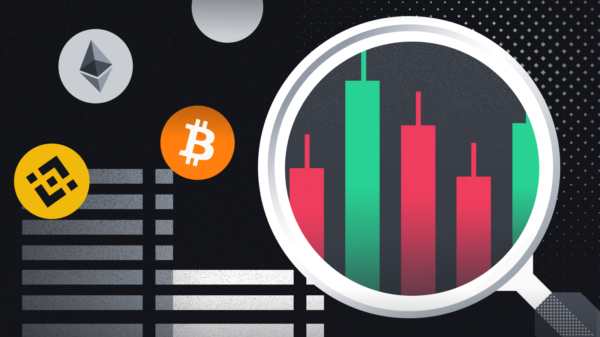








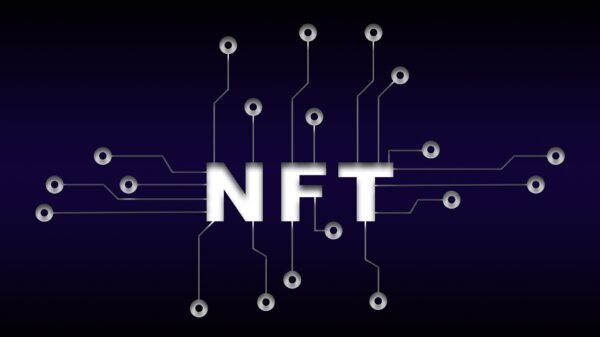



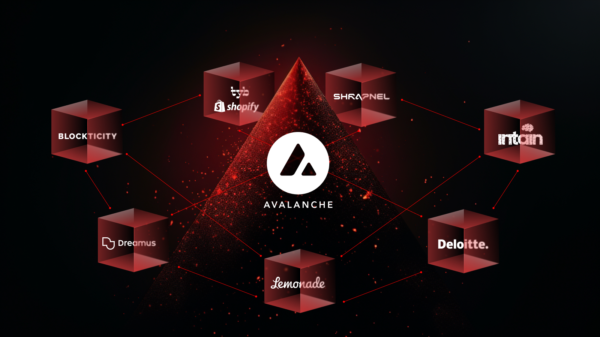





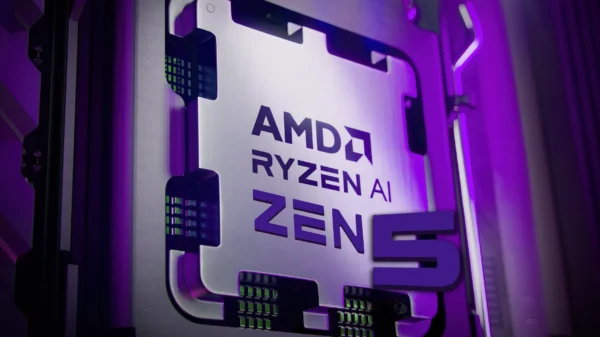




























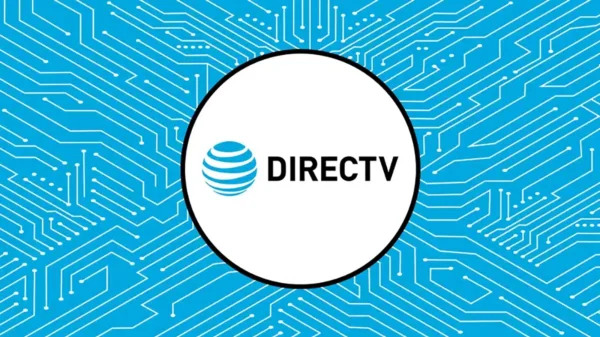
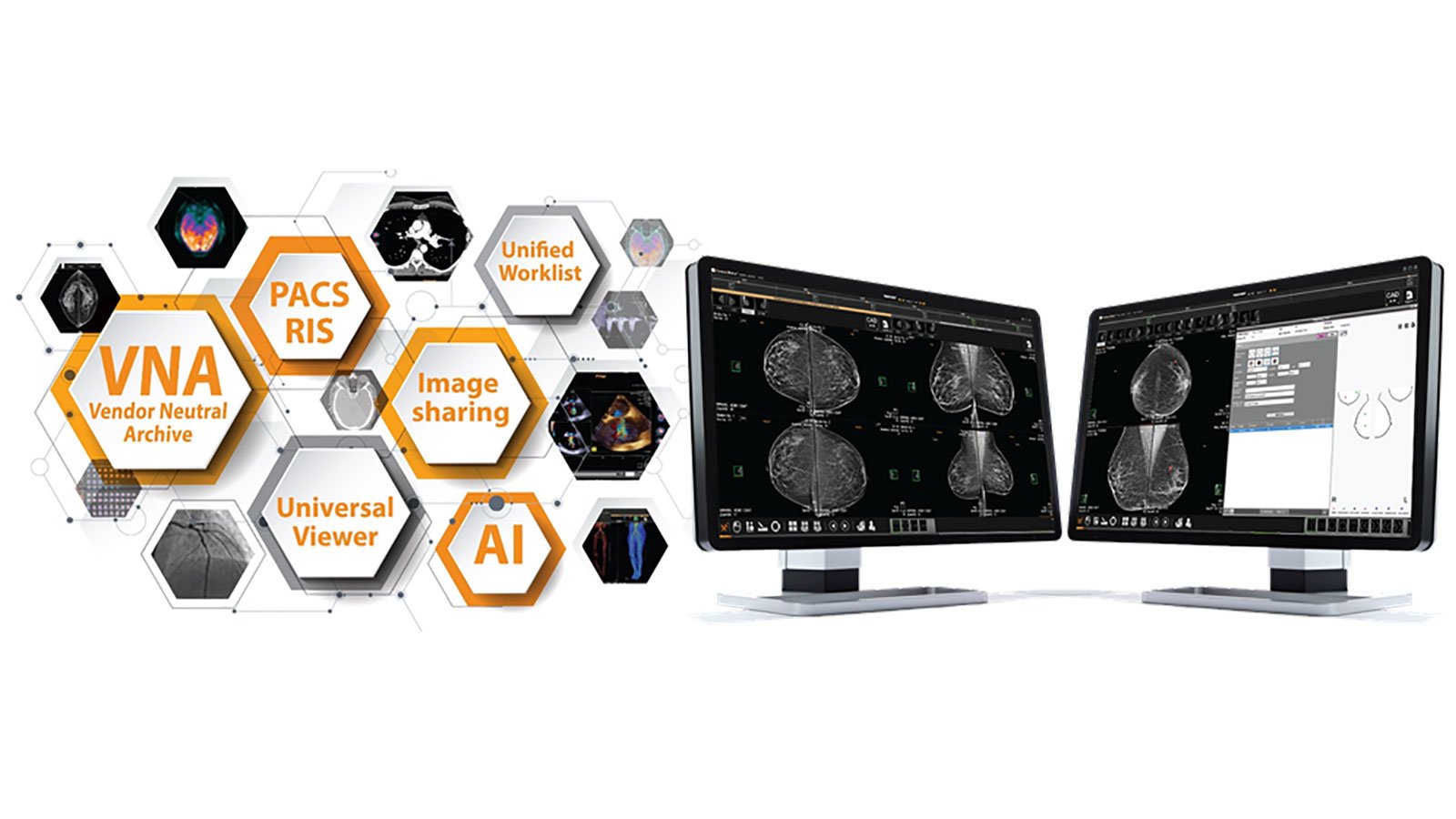






Pingback: Samsung S20 vs S24: Comprehensive Comparison of Features, Performance, and Upgrades